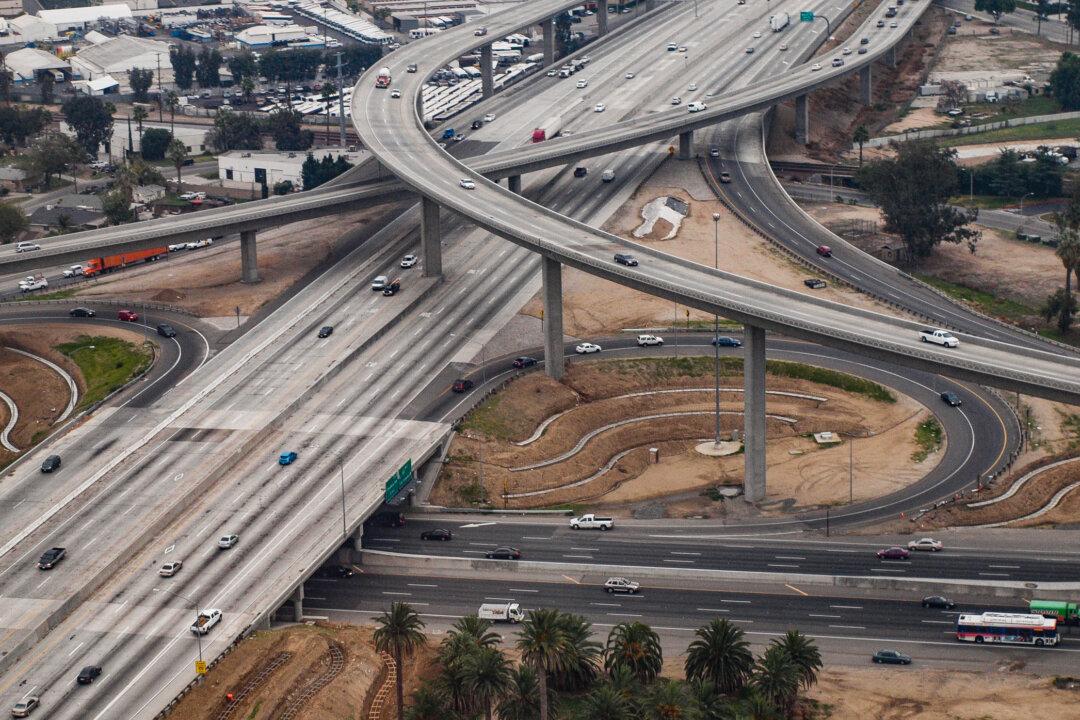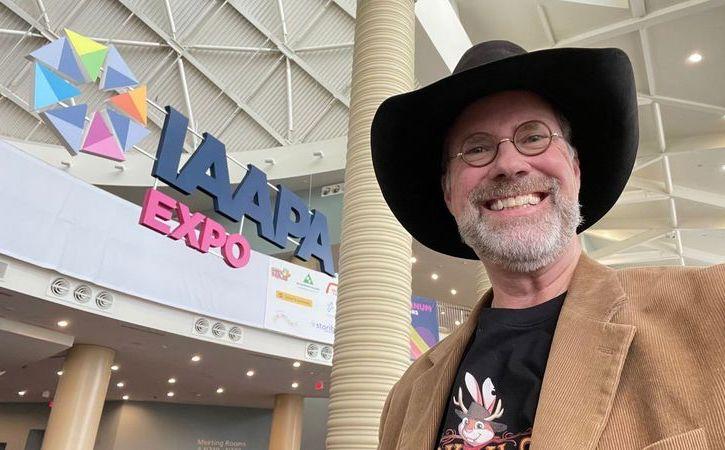Gov. Gavin Newsom recently signed Senate Bill 339 into law, approving an extended road usage charge (RUC) pilot program through Jan. 1, 2027, that tracks California drivers and charges them a tax according to their vehicle miles traveled.
Sponsored by Transportation California, the bill was authored by state Sen. Scott Wiener (D-San Francisco) and supported by the California Transportation Commission. Assemblymembers David Chiu (D-San Francisco) and Phil Ting (D-San Francisco), and state Sens. Bob Wieckowski (D-Fremont) and Josh Newman (D-Fullerton) co-authored the legislation.





